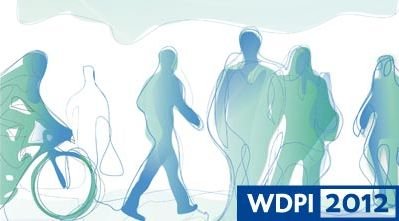
Why physician bother to care return to work of workers after injury or sickness?
According to the background statements from “A Practical Guide for physicians-Injury/Illness and RTW/Function” by WSIB, Ontario, Canada, it stated that physician should participate in reducing the burden of illness and injury on society and the health care system, since prolonged absence from one’s normal role is detrimental to physical, mental and social well being, and long term unemployment is itself a health problem.
Most physicians are familiar with disease, but might not distinguish between the following two terms: Impairment, define as objective evidence of derangement of body part and function limitation; Disability, defined as inability to work and loss of capacity to meet personal and social demands. And work may characterize itself as follows:
• Work = effort, energy
• Work = outcome, completion
• Work =happiness, fortune, while “Return” simply means not from the very beginning, during the interim, after a setback with reversibility.
The importance of RTW was officially noted around 30 years ago, by the Workers’ Compensation and Injury Management Act 1981 (Australia), and followed by USA with forum of work disability, function and health、ICOH subcommittee of work disability prevention & integration as well as World Health Organization (WHO) international classification of function, disability and health (ICF) classification system and Taiwan’s Occupational Injury worker protection act (18, 27). American medical association publish an AMA guide- Physician’s assistance for RTW and China’s work disability regulation also later follow the prior initiatives.
To support s patient return to a quality of life comparable to their pre-injury status is physician’s responsibility, and the physician’s role is to assess、diagnose、treat、develop a RTW /function plan、monitor、report、communicate and prevent re-injury. My previous study summary of musculoskeletal injury and RTW are as follows: Injury body part & severity affect RTW, delayed RTW in blue collar、laborious & non-technical workers ,non-compensation group RTW earlier, while education level, support of employer, and self-efficacy prompts RTW . Gender/ age had variable effect, although women tend to RTW harder. We also noted occupational compensation induces medical resource consumption. In particular, it is noted among worker with medical need tend to delay RTW, and >3 M and < 6 month after injury is a golden period for physician to exert RTW assistance.
The aim of RTW may be health, a broader definition by WHO since 1948: Health is a state of complete physical, mental and social well-being and not merely the absence of disease or infirmity.
![]()